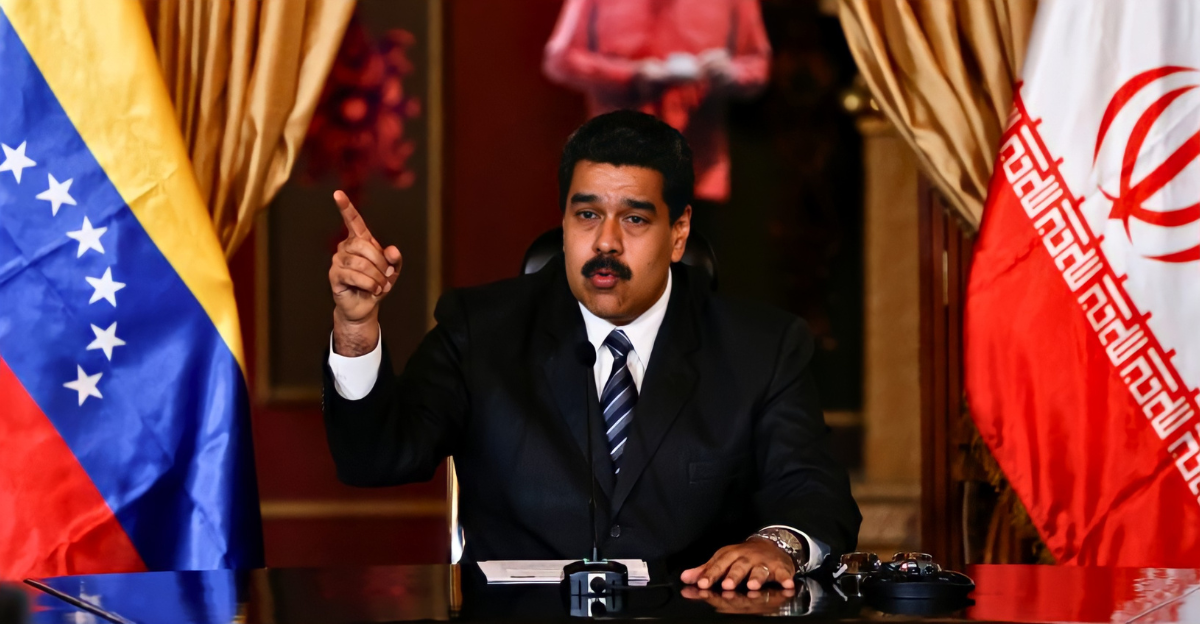
Hezbollah’s financial operations have moved deeper into Latin America, where Venezuelan cartels have become essential partners in laundering vast amounts of money. U.S. officials estimate these collaborations move hundreds of millions of dollars every month, a process that ultimately supports the group’s militant activities overseas, MSN News reported in 2024. This discreet alliance is stirring urgent debate on global security vulnerabilities and whether current anti-money laundering measures are up to the challenge.
Sophisticated Networks Challenge Oversight
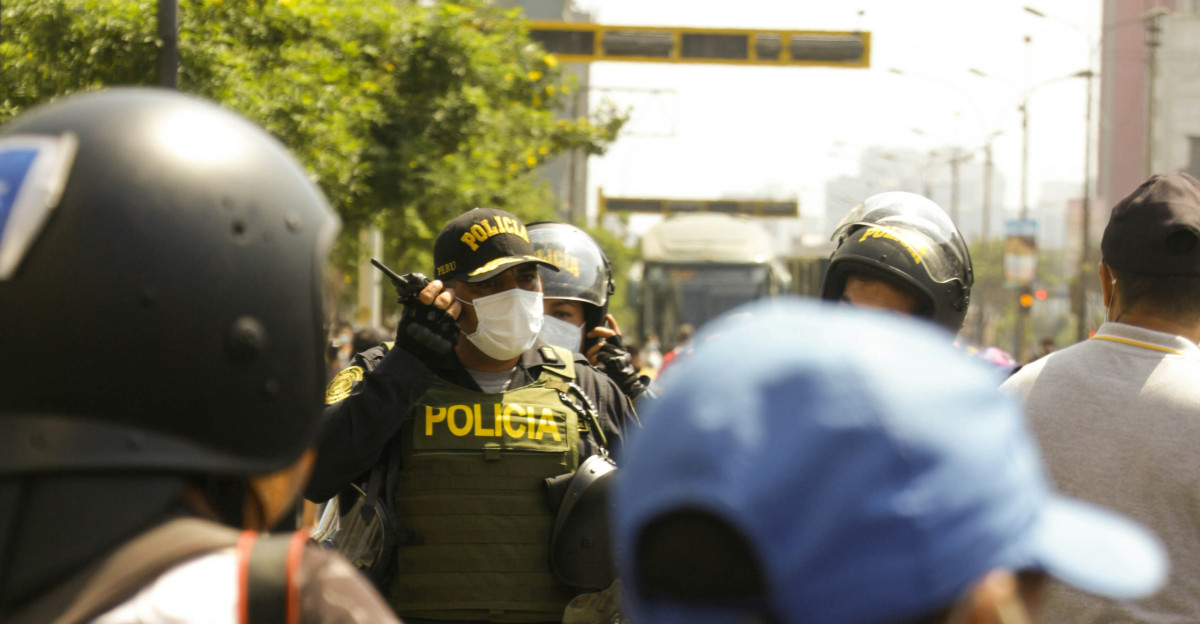
Intelligence released in 2025 suggests that Hezbollah’s influence inside Venezuela keeps increasing. Using the country’s fragile regulatory environment and economic turmoil, the group has been able to channel large sums through its established routes. Fox News noted that officials are voicing concern: the scale and technical know-how behind these financial operations put international counterterrorism efforts under even more strain.
How the Connections Began

Hezbollah’s ties to Latin America stretch back decades. According to the Army University Press, the Tri-Border Area, where Paraguay, Argentina, and Brazil intersect, has long been a base for laundering and logistics. Unstable political conditions in Venezuela have only emboldened the cartels, allowing them to become crucial players in Hezbollah’s revenue-generating activities.
Economic Turmoil Fuels Illicit Finance
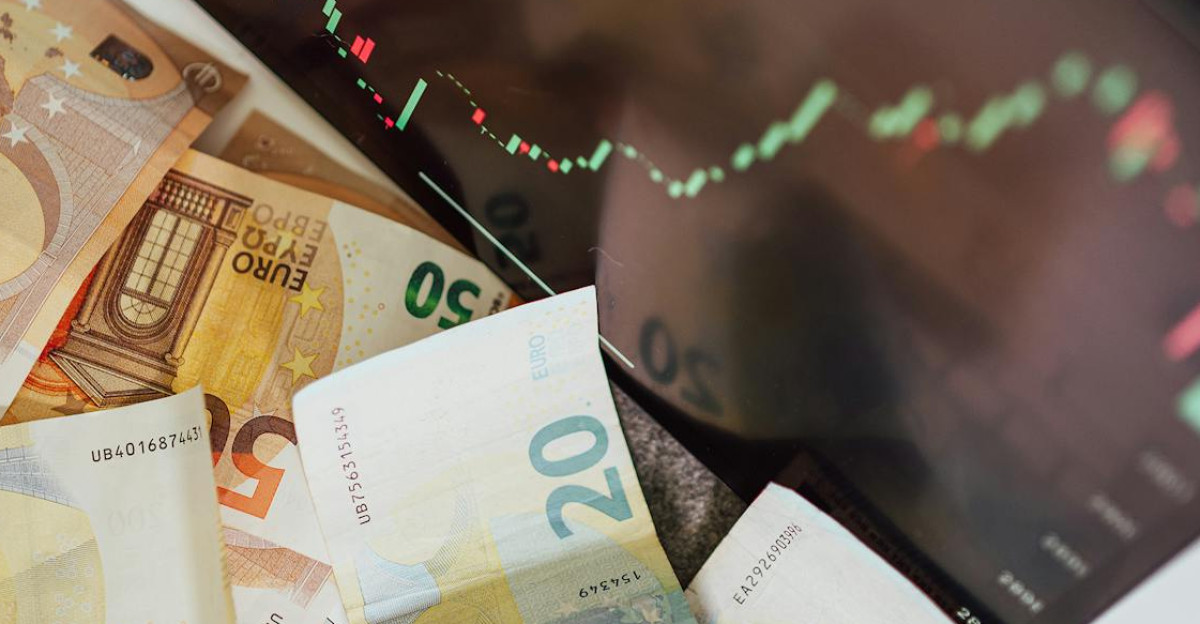
The collapse of Venezuela’s economy and unchecked hyperinflation have opened doors for illicit financial activity, according to a 2025 GNET Research report. There is evidence that the Maduro government’s permissive attitude has created an environment in which Hezbollah-linked actors can operate freely, sometimes even with official help. Meanwhile, new rounds of international sanctions have made legitimate oversight increasingly difficult.
U.S. Treasury Pinpoints the Core Operation
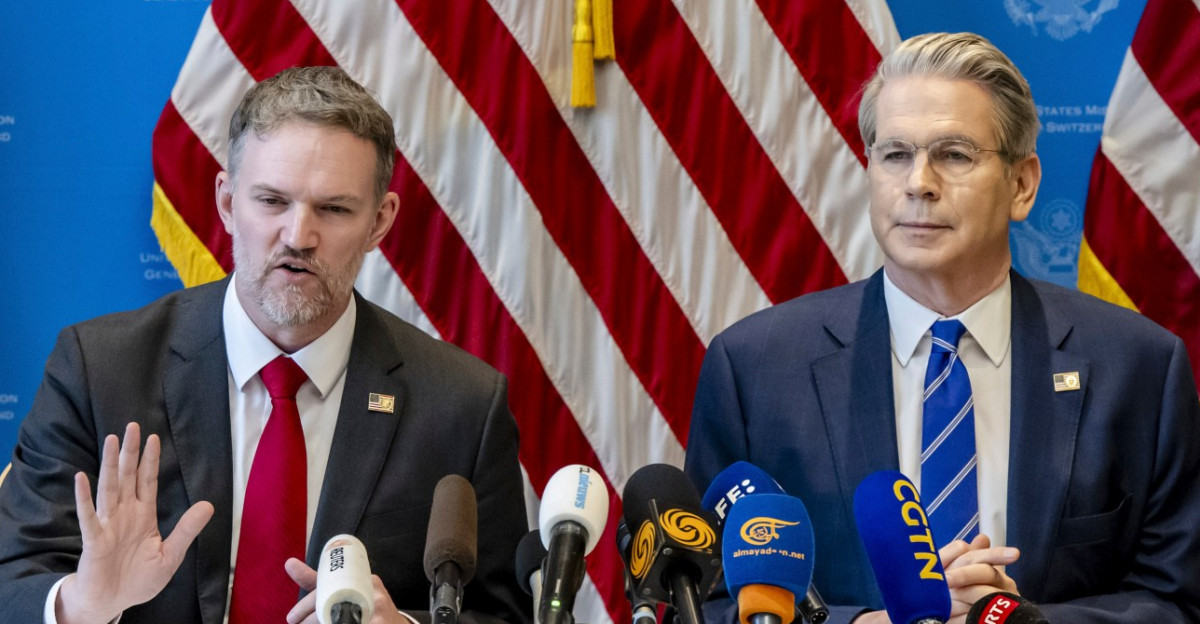
In a significant move in early 2024, U.S. Treasury officials stated that Hezbollah is now funneling hundreds of millions of dollars each month through Venezuelan cartel connections, as MSN News reported that year. These flows happen via intricate financial structures, from cryptocurrency-based systems to trade-related subterfuge—with direct facilitation from Iranian networks, GNET Research observed.
Venezuela’s High-Risk Status Tightens Scrutiny
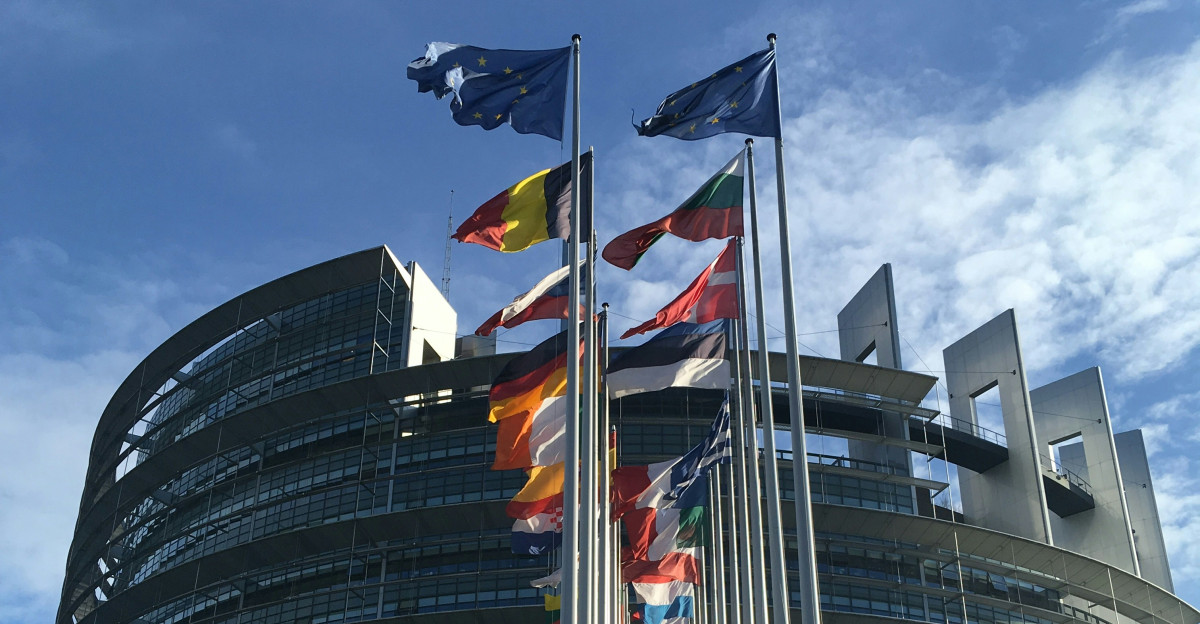
European and U.S. regulators now list Venezuela as a high-risk country for money laundering. In documents from July 2025, the European Parliament and the European Commission noted that this has led financial institutions to impose tighter restrictions on transactions coming from Venezuela. These changes have consequences for both legitimate businesses and illegal actors.
Communities Pay the Price
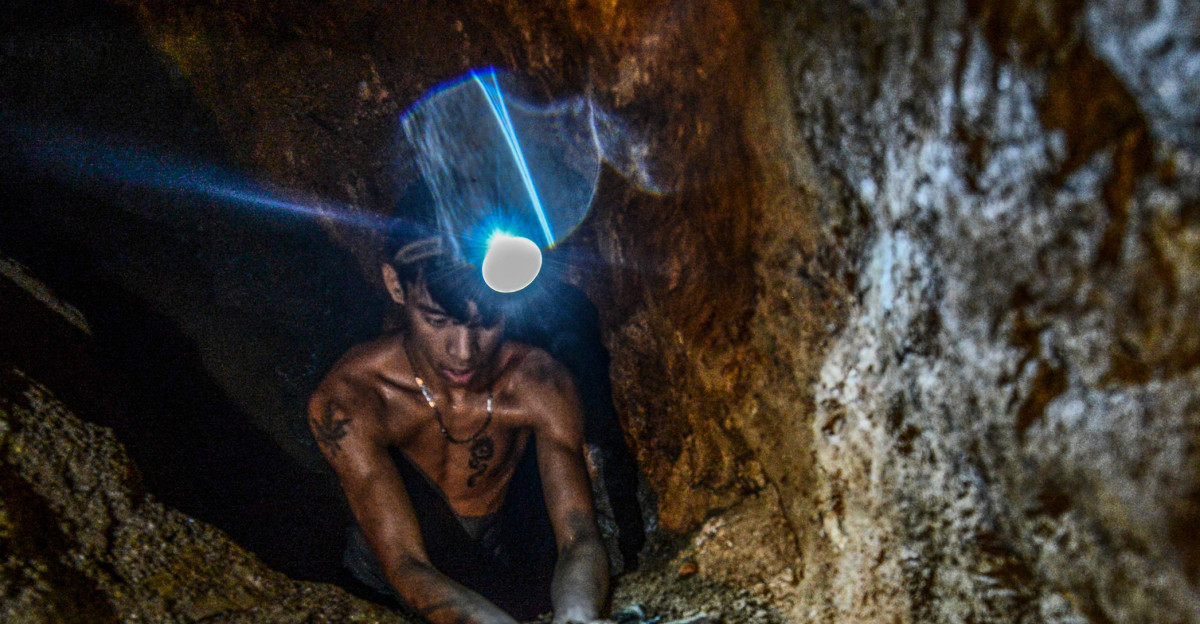
Illegal gold mining in communities along the Orinoco River has become a vital source of funding for Hezbollah, with local intermediaries passing gold into the group’s hands. GNET Research suggested in 2025 that these networks are deepening social and environmental crises, findings echoed by the RAND Corporation this year.
Authorities Struggle to Keep Up
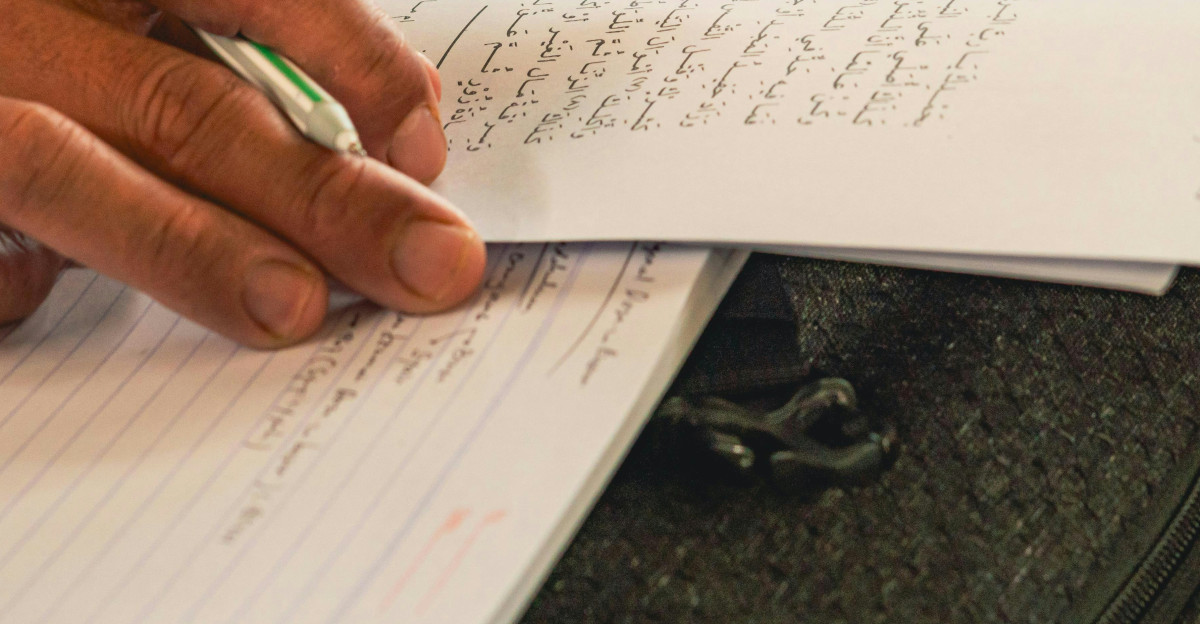
Advisories and sanctions from the U.S. Treasury and European agencies have targeted key facilitators within these networks. Even so, reports by the European Commission in July 2025 highlight how money launderers stay ahead by using proxy actors and ever-changing tactics, outfoxing traditional anti-money laundering systems.
Weak Governance Drives Criminal Flows
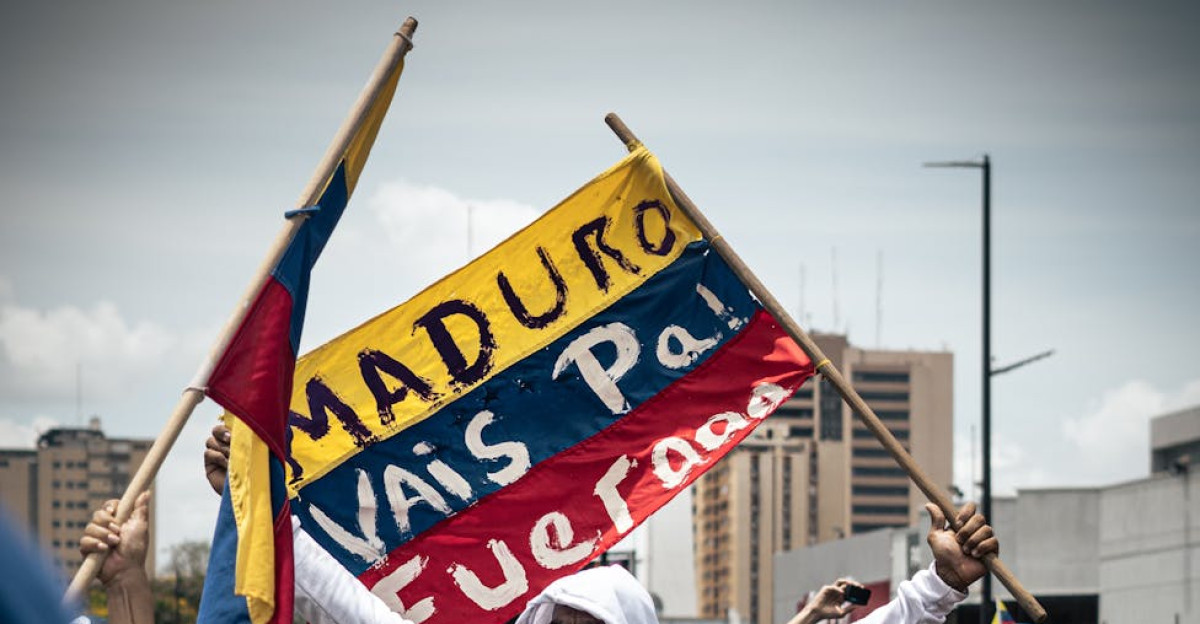
Global Financial Integrity’s 2025 findings indicate that weak governance is the real driver behind Latin America’s vulnerability. Countries like Venezuela, Haiti, and Nicaragua consistently rate poorly on corruption indices, which is a key ingredient in allowing money laundering and terrorist financing to flourish.
Digital Currencies Add to the Challenge
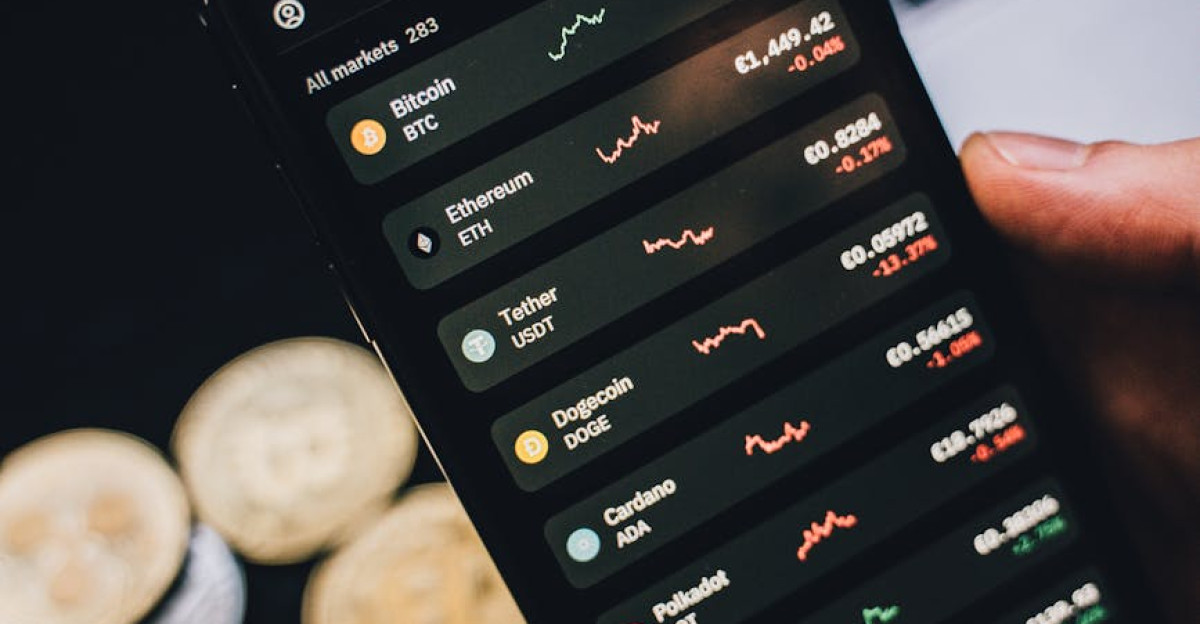
Hezbollah’s networks increasingly favor stablecoins such as Tether (USDT) for cross-border value transfers, a trend detailed by GNET Research in 2025. Informal brokers in Caracas channel these transactions, plunging regulators into a new digital arms race and making investigations far more complicated.
Internal Tensions Rise in Venezuela
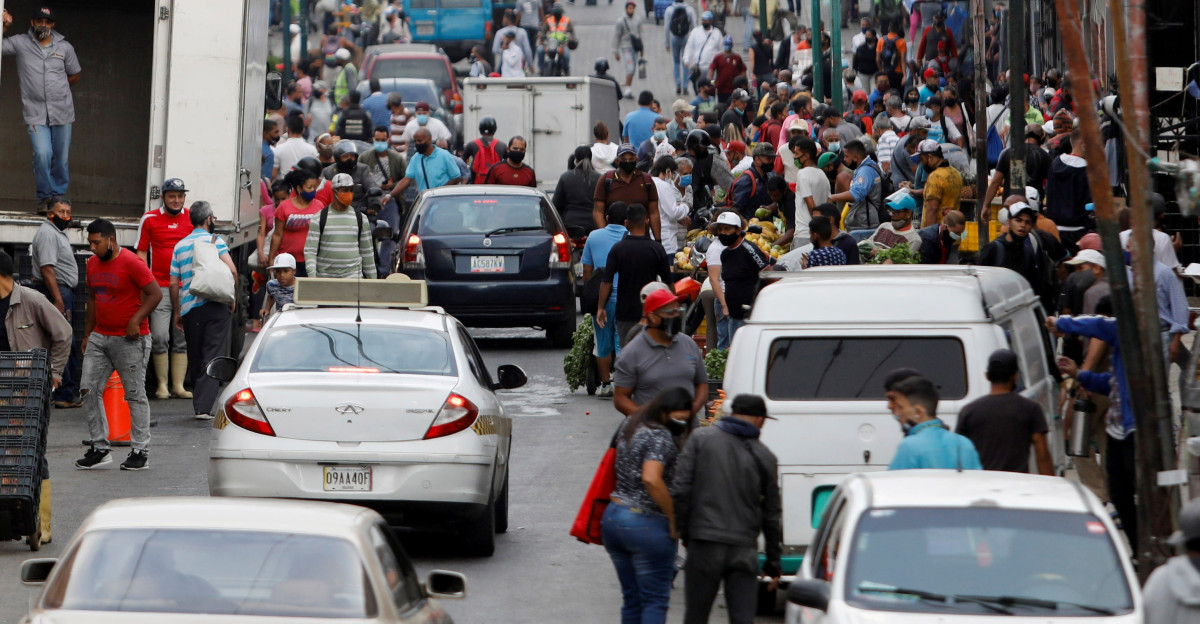
According to GNET Research and Fox News in 2025, some Venezuelan officials have grown frustrated under mounting international scrutiny. U.S. indictments have been filed against officials accused of turning a blind eye—or worse—to cartel and militant activity. This internal strife only makes restoring the country’s financial reputation more difficult.
Cartel of the Suns Takes Center Stage
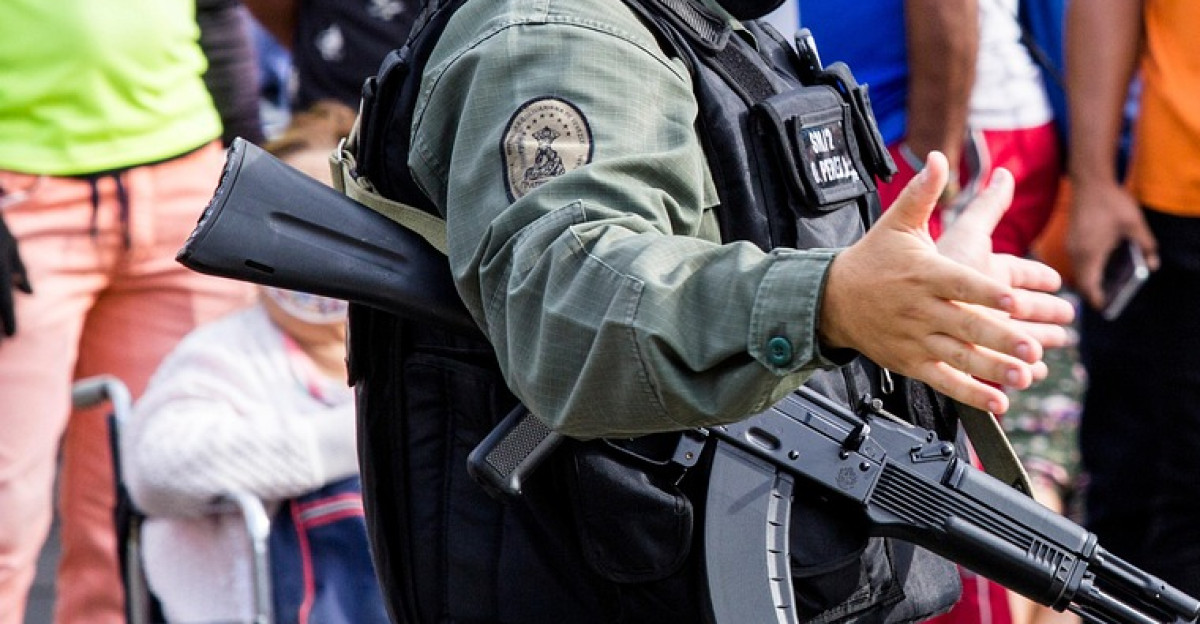
The power balance among Venezuela’s criminal elite is shifting. Fox News and Iran International report in 2025 that the Cartel of the Suns, a syndicate run by military figures, has joined forces with Hezbollah and the Tren de Aragua gang. This collaboration is becoming a significant force in the country’s underworld.
International Law Enforcement Steps In

Counter-narcotics missions run by the U.S. are attempting to dismantle Iran–Hezbollah networks operating out of Venezuela. Iran International and Fox News highlight that while coordinated maritime strikes and sanctions have caused disruptions, officials admit these criminal networks are highly adaptive, and challenging to defeat completely.
The View from the Ground: DEA Veteran Speaks
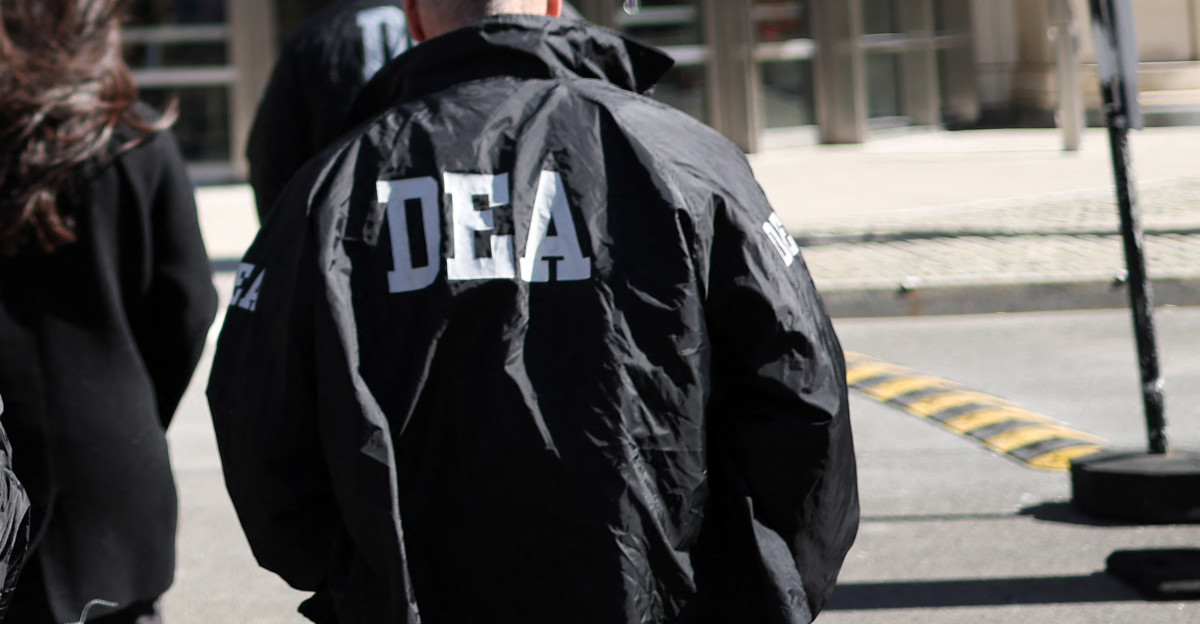
Retired DEA agent Brian Townsend emphasizes that Hezbollah’s impact is “pivotal yet often out of view,” as noted by Fox News in 2025. The group launders drug proceeds and provides essential trade networks for cartels, pocketing profits that eventually support its Middle Eastern campaigns.
The Future: Obstacles Remain
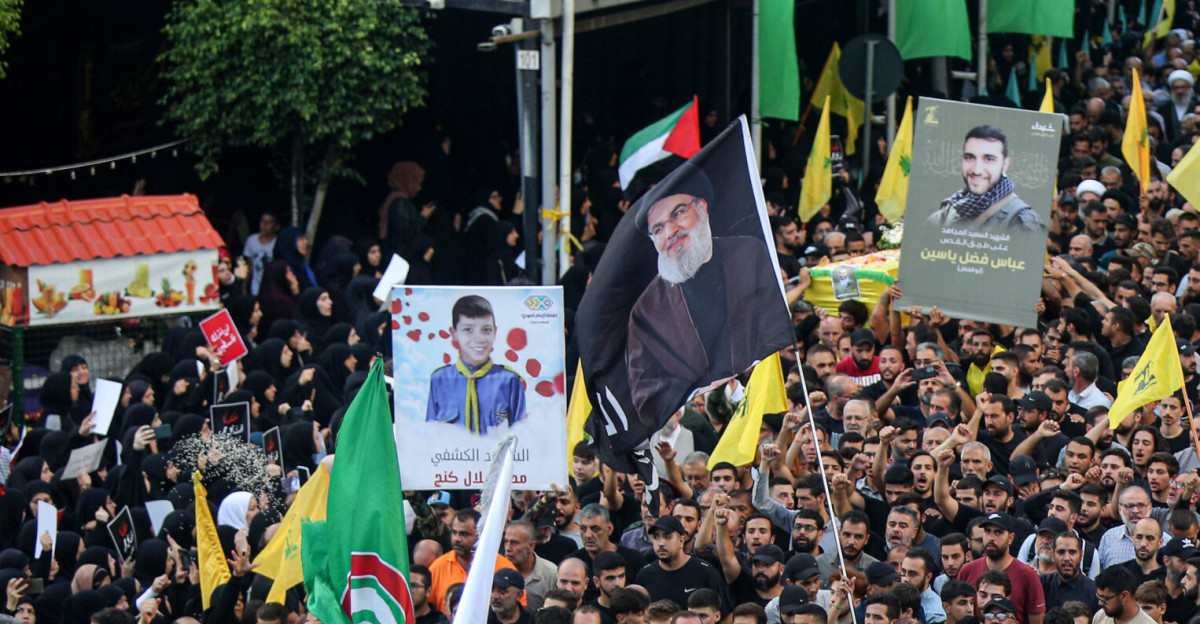
AML Watcher in 2024 and the European Commission in July 2025 raise an important question; will increased monitoring and cooperation finally break up Hezbollah’s Venezuelan networks? As long as significant regulatory weaknesses persist, most experts doubt these problems will disappear.
Venezuela’s Deepening Isolation
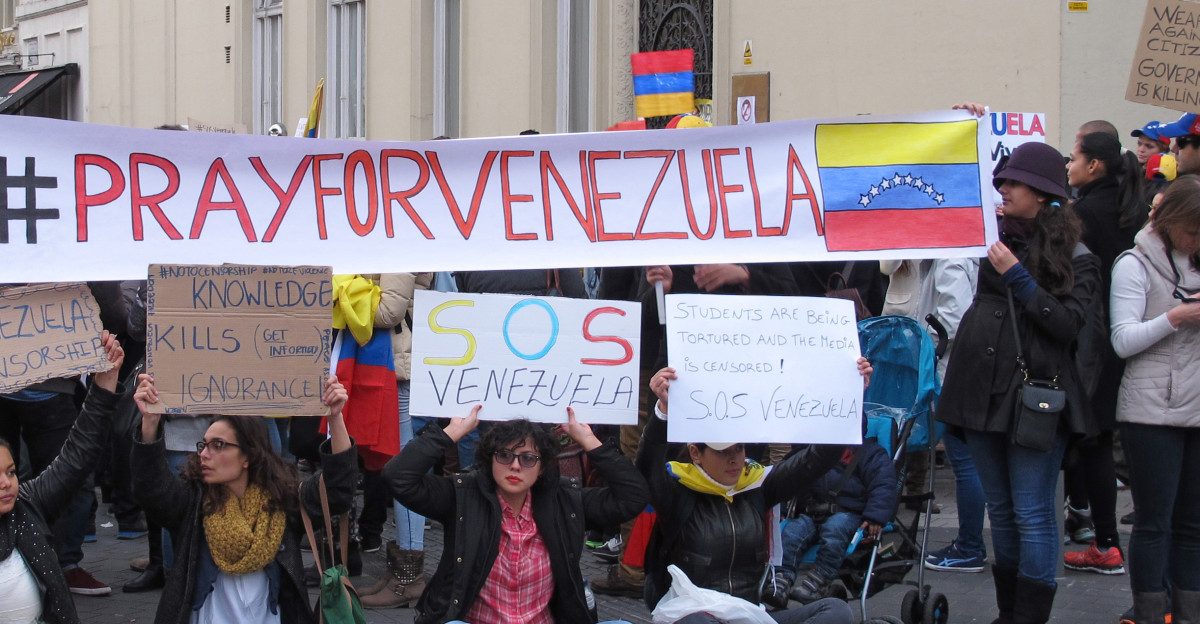
Venezuela’s formal inclusion on the EU’s high-risk list, reported by Guacamaya and the European Parliament in July 2025, highlights growing international frustration. The move exposes the country’s serious regulatory flaws and makes it even harder to attract investment or access global financial channels.
Old Routes, Ongoing Risks
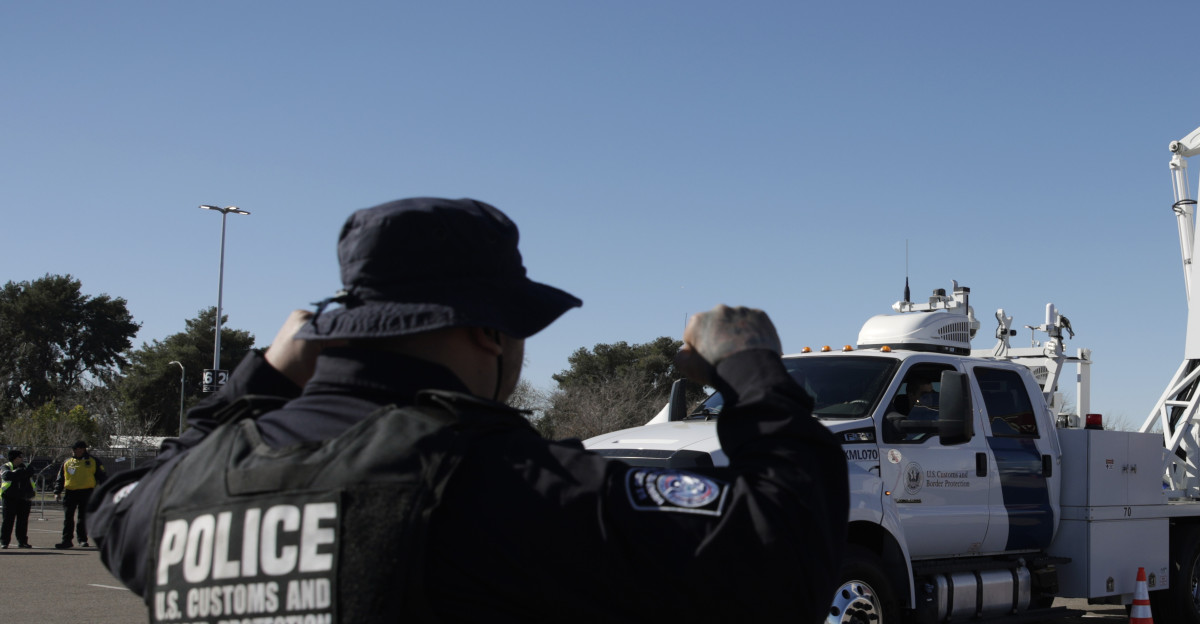
The Tri-Border Area remains at the center of Hezbollah’s activities in Latin America, according to research from Army University Press in 2025. Persistent smuggling and laundering operations there now draw scrutiny from law enforcement agencies worldwide.
Legal Hurdles Block Progress

Global Financial Integrity noted that efforts to seize assets and secure convictions are often undone by poor transparency and inconsistent enforcement. There is hope in international legal frameworks, like the United Nations Convention against Corruption, yet meaningful progress remains elusive.
Crime as the New Normal
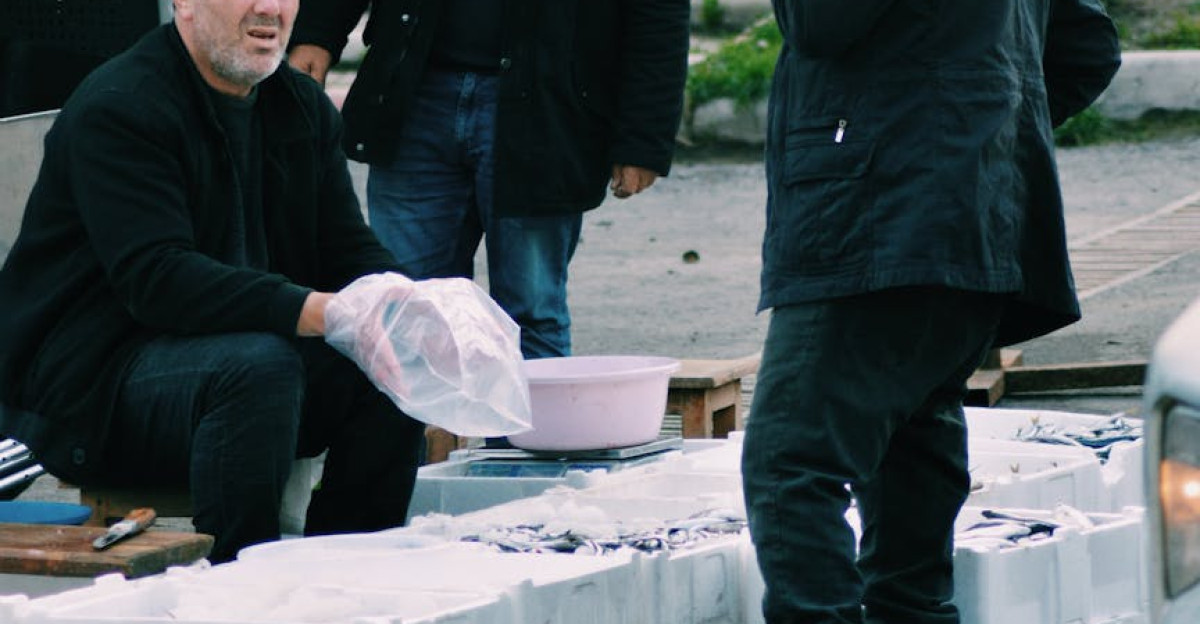
Hezbollah’s entrenched position in Latin America’s criminal economies signals shifting attitudes toward illicit finance. As outlined by GNET Research in 2025, the distinction between crime and militancy is fading, and money laundering is increasingly viewed as part of mainstream ‘infrastructure’ rather than a side effect of crime.
What’s at Stake Globally
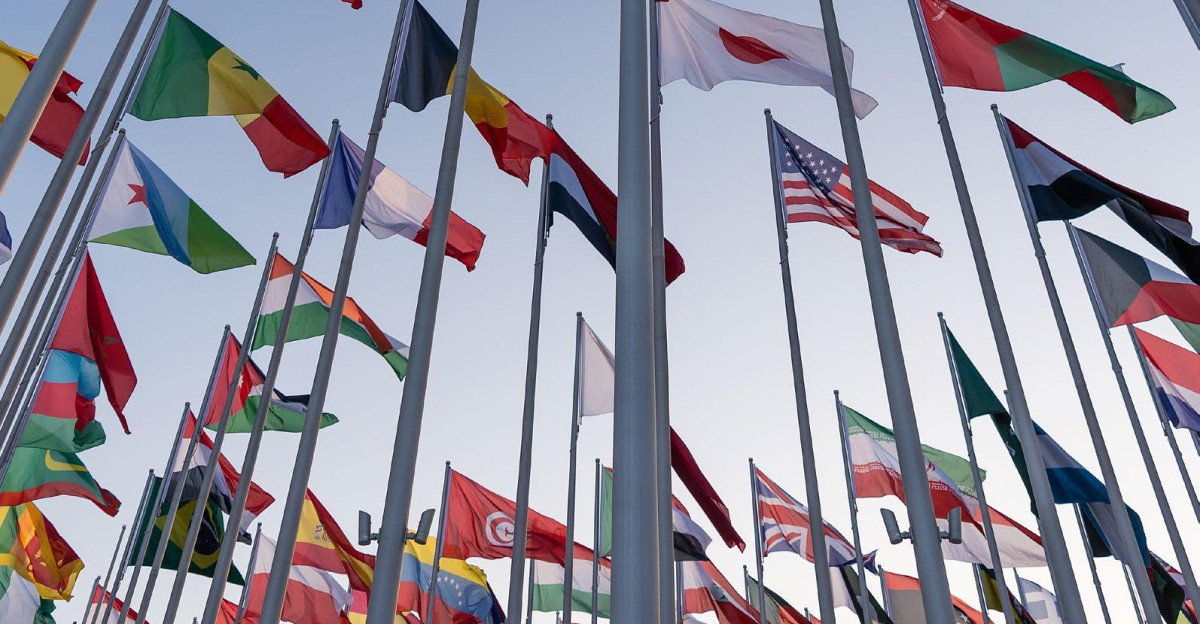
As MSN News reported in 2024, this deep-rooted alliance between Hezbollah, Iran, and Venezuela’s cartels lays bare the global nature of criminal finance. GNET Research underscores that shutting down these networks will demand innovation and real collaboration—anything less risks letting these evolving threats spin further out of control.